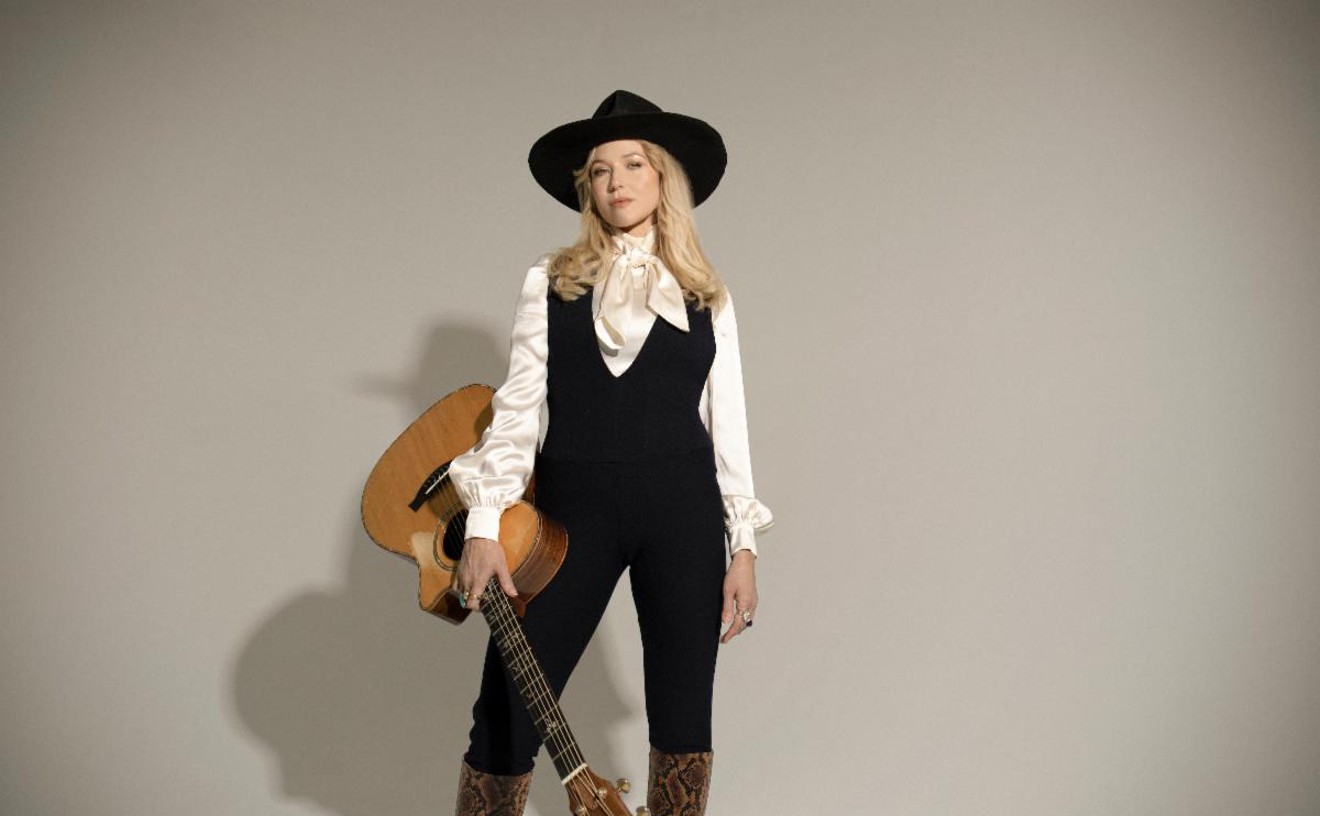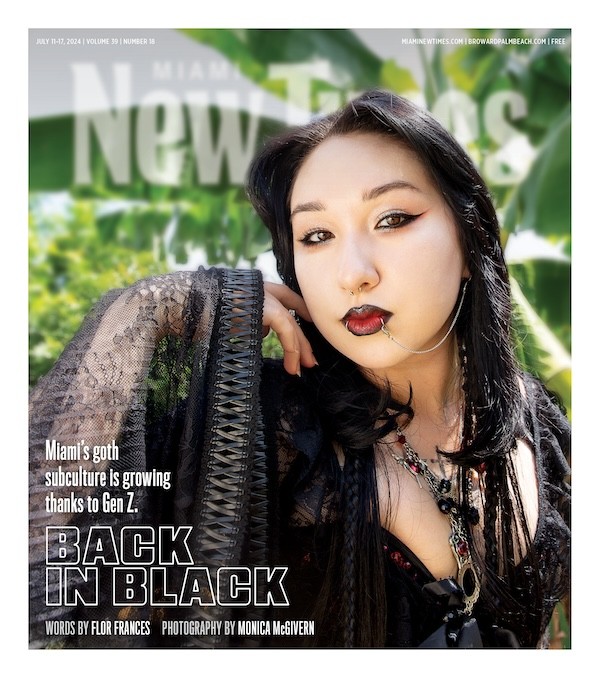Snowhite pulls out vinyl and CDs from her bags (Black Eyed Peas, De La Soul, Maxwell), spinning and occasionally scratching them, while adjusting the mixing levels for the turntables and CD player. Although Snowhite's face remains stony with concentration, her lissome hands flutter while she works as if her fingers were dancing to the beat. Encoded within Snowhite's graceful moves in the DJ booth are traces of the years she spent break dancing and voguing in her native Flushing neighborhood in Queens. Wearing one of her usual androgynous outfits -- a loose Indian-style shirt, baggy pants, and sneakers -- she's no girly-girl. But ask her if there's a distinct difference between a man and a woman -- on the tables -- and she answers without hesitation.
"A woman thinks before she speaks, and women's mixing is very smooth, like thought," she explained over dinner a few nights earlier. "You see how focused women are, the way they apply themselves when they're mixing and blending. I'm not saying [female DJs] are better, I'm saying it has to do with who we are as women."
For Yalile "Snowhite" Cabrera, whose friends call her Jolly because of her joyful disposition, spinning records was an early calling. In an untiring Queens accent she remembers getting her first record player, an orange portable her mother rescued from a dumpster, when she was six. Growing up, she says, "music was my life," so encompassing that she would often refuse to remove her Walkman headphones during family outings. Using borrowed equipment, she first experimented with mixing records as a teenager, learning how DJing was not only about putting on one record after another but blending one into the other.
Her parents divorced when she was a little girl, and when she was in high school her father proposed her mother move with the children to Miami to be closer to him. Cabrera would only consent to the move in exchange for a pair of turntables. Despite the bribe, she missed her friends, and after only four months she moved back to New York to finish high school. Returning to Miami, she drifted through different jobs while taking courses in child education and dance at Miami-Dade Community College. "I wasn't happy," Snowhite remembers. "Maybe [at the time] I would think 'I broke up with my guy,' but that's not what it was." She realized a life in music was what she wanted.
Cabrera started promoting hip-hop nights on the nascent South Beach club scene in 1990, establishing her first regular night at the now-defunct Joseph's. After four months of party promoting, she began DJing professionally herself under the name De Virgin Mary, a sobriquet bestowed on her by a fellow DJ known as Resurrection. She later chose DJ Snowhite for herself, finding it pure (she doesn't smoke or drink) and purposefully feminine.
"The way everyone would gather around and watch you [because you were a girl], just surround you, was really intense," she says, recalling the not-so-distant days when women DJs were a rarely seen minority. Snowhite found that the key to avoid being seen as eye candy and overcome gender prejudices was in her attitude. "You have to be able to get the respect or they're just going to look at you like you're a cute face," she adds. "I wanted [people] to know that I am female and just as good, or better, than the guys."
Over time and with the support of Beach regulars like funk bandleader Raw B. Jae and DJs Mark Leventhal and DJ Coop D Ville, Snowhite earned a succession of residencies at Rose's Bar & Music Lounge, Lua, and other clubs. She became particularly known for Faatland at the Marlin Hotel, a late-Nineties weekly party with a chillout vibe and open-mike poetry.
But when her two-year-old son Josiah was born, Snowhite took time off to settle into a new gig. By the time she was ready to come back, she says, "Things had changed on the Beach. I didn't know anyone, the vibe was different." Eventually she found a lot of her old colleagues and partygoers across the causeway in relatively new downtown Miami venues like the Soho Lounge, and is now re-establishing herself through guest spots and private parties.
Snowhite recently joined electro-improv band Out of the Anonymous, whose members meld a variety of synthesizers with guitars and acoustic percussion, in a series of performances. During one show at Tobacco Road, she described how she "took an effect from a Superman record -- 'Pow!' -- and started bringing it in and scratching it really quick so it sounded like a helicopter." She has also appeared with trombonist John Speck's band Bacon Bits during the latter's Friday-night residency at 190 in downtown Miami. For Snowhite, the variety of audiences she encounters through adventures, whether as a solo performer or as part of an ensemble, suits her versatility as a DJ. "It's always different every time you catch me," she says.










